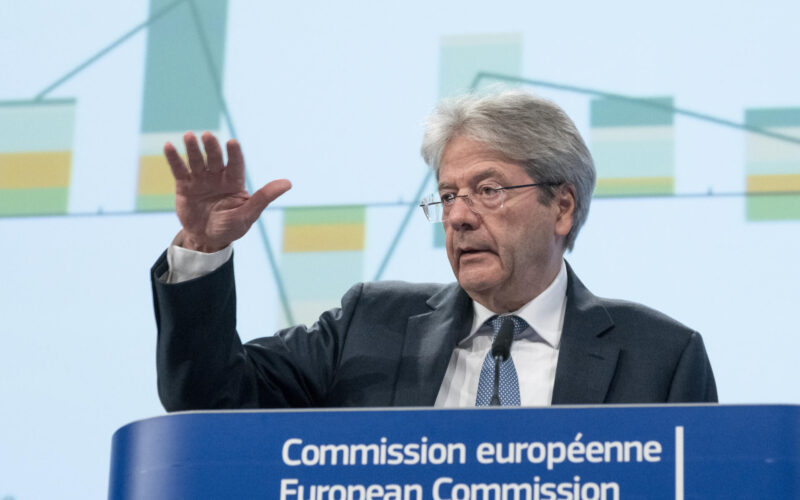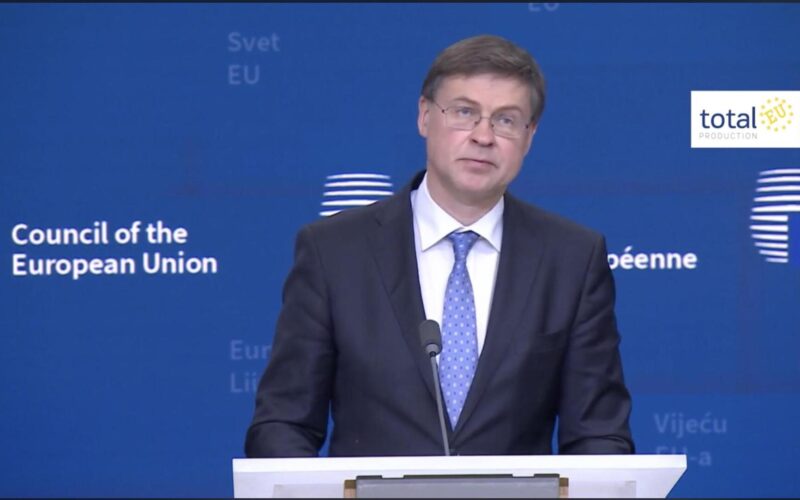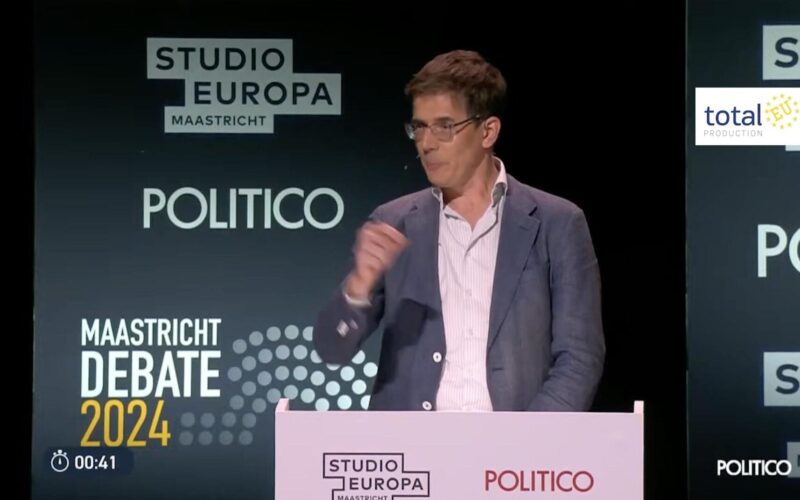Politics & Economics
Europe at a Crossroads, Draghi and Letta Point to a Possible New EU Leadership
By Giampiero Cinelli
The West is in a crucial phase of history, marked not only by new military threats that had lain dormant for decades, but also by significant socioeconomic development challenges, which need reassessment following the processes observed after the pandemic. Internationally, the competition from major powers outside the Euro-Atlantic bloc, all with imperial pasts, is intensifying, with none ruling out future military actions. The globalization model has not imploded as recently feared, but it will certainly change, requiring non-standard mechanisms in some highly strategic sectors.
The United States has understood this and, with its enormous power, is launching vast public programs and exploiting synergy with influential private actors. The European Union also knows it needs to chart a new course and is trying to do so, but it needs more cohesion, determination, and structured vision. While its technological knowledge and capabilities remain very high, its human resource pool is unmatched compared to China and India, and not much superior to that of the USA, which, moreover, is not experiencing the same birthrate crisis.
Broad ideas are needed, a vision that can survive beyond the next elections. Two Italians of renowned institutional prestige, to whom Europe owes a lot and who have always had clear ideas about Europe, have been called upon to outline this vision. One is Mario Draghi, the other is Enrico Letta. The former President of the ECB presented part of his Competitiveness Report commissioned by Ursula von der Leyen at a conference in La Hulpe, a text he will disclose right after the June elections. Letta, on the other hand, will submit a report on the single market to the European Council on Thursday, 18th, a dense document he began working on for the thirtieth anniversary of the Treaty of Maastricht.
The two texts focus on the need for ever-greater integration, in capital markets and key sectors. This is the authors’ way to respond to the risk of concentrations in the global market. And here comes the point of a market system that should not be abandoned but managed with clarity given the times. Today, commodities like energy become a delicate and decisive factor, Mario Draghi has warned, recalling, as he had done before, the importance of configuring an integrated energy market with joint purchases, while simultaneously promoting a system of subsidies for the most efficient and vigorous ecological, technological, and digital transition possible. The economist then expressed his hope to see in the EU economies of greater scale, intervening in sectors where operators are too widespread and heterogeneous.
Former Italian Prime Minister Letta, also very attentive to the effects that the American and Chinese programs of incentives to strategic industries can have, argues that such power must be replicated, preventing European companies from being too diverted towards Washington, with a significant emphasis on subsidies for transportation. “It is crucial to support large EU companies so they become bigger and compete on the global stage. This can allow for the diversification of supply chains, attract foreign investments, support innovation ecosystems.”
A fundamental concept emerges, first interpreted through the economic plan. That of true integration. Talking about “pan-European” investments (and a coordinating body for the economy, if necessary even not at 27 according to Draghi), the speakers call for acting as a single entity, according to true strategic logics. This is the way forward now to continue being a strong entity capable of playing a relevant role on the global stage.
But then this inspiration in practical action must be transmitted to political structures. Mario Draghi made this clear, urging the development of faster and more inclusive decision-making chains. And hoping for the achievement of common defense. “Our organization, our decision-making process, and our financing are designed for the world of yesterday, pre-Covid, pre-Ukraine. We need a European Union that is up to the world of today and tomorrow,” he stated.
At the moment, the names of the two great Italian Europeanists are not seen as likely for a spot in the next European Commission, much less as possible presidents of the same. Yet neither Mario Draghi nor Enrico Letta would need to declare their availability. Their qualities and their deep commitment to the European project are clear to the community’s leadership, always ready to keep them in consideration. In Rome, especially, where the President of the Senate, Ignazio La Russa, has expressed his favor to see Draghi in Brussels, with future MEPs representing the government who, if they find themselves negotiating between an unpopular foreign name with the electorate and that of the economist, might also converge on Meloni’s predecessor, finding the sure opening of Forza Italia.
We will see if the next Commission will take into account the advice given.





